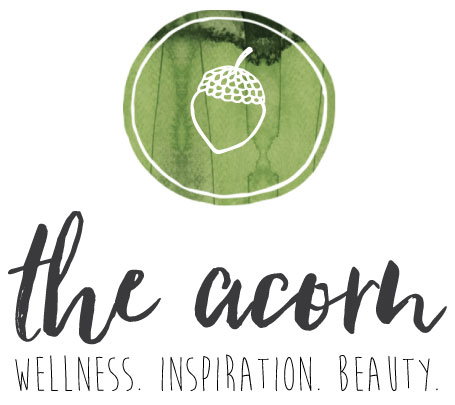Just because it's good for you, doesn't mean it's good for YOU
Each of us is unique: our height, hair colour, personality, dance moves. There are limitless versions of humanity: no two people are exactly the same.
Just as we each have a distinctive fingerprint, so we have a digestive system unlike any other person on the planet. Our gut flora is a complex combination of our DNA, how we were born, where we were born, lifestyle, the foods we’ve eaten throughout our lives, and the circumstances we’ve eaten them in.
If no two of us are alike, why are we all following the same dietary advice?
Some people have metabolisms that allow them to eat anything and not gain an ounce. Some glance at a piece of cake and gain five pounds. Some thrive on a vegetarian diet, while others are born meat eaters. Some breeze through a lifetime eating dairy and wheat, while others have a serious intolerance.
There are literally thousands of variables that make you different from your friends, family, and neighbours. Why should one diet be the solution for us all?
There are a slew of new companies cashing in on this emerging knowledge, with sophisticated tests that will give you custom nutritional recommendations depending on your gut bacteria (some recommendations can be found at the bottom of this article). These hold much promise, but it’s early days, the technology is not yet perfect, and the tests can be expensive.
If you don’t want to go high tech, what options do you have?
Listen to what your body is telling you
Some truths are universal: Eat your veggies. Limit your meat intake. Eat seasonally, locally, and when possible, organic. Eat whole foods. Eat warm foods in the winter and fresh, light foods in the summer.
But there are infinite shades of grey within these ‘rules’.
Begin by noticing what foods give you energy (not coffee - lol!). Next, notice what foods make you cranky, or give you a quick boost followed by a crash. I’m talking to you, sugar! Even within the realm of nutritional superstars, it may not be something your body wants or needs.
I remember force feeding myself chia seeds because they’re a superfood, only to finally admit I don’t really like chia seeds at all.
A diet diary can help you find answers
A diet diary is a low tech, universally available method of checking in with yourself. Simply list the seven days of the week, break it up by the hours of the day, and start recording what you eat. Leave yourself room for a ‘Comments’ column, where you can take note of anything remarkable, such as “that salad left me feeling sluggish”, or “that oatmeal carried me through until lunch”.
It’s well worth your time to learn what foods work for your body - to toss out those ‘should’s’ and start focusing on what really nourishes YOU.
Remember that old saying about following your gut? If you listen to the messages it sends, the result will be a vibrant you.
A few more resources to help crack your dietary code,
Blood Type Diet
The jury’s still out on this theory, but it does make a lot of sense. Definitely worth a read, and possibly worth a try.
Viome
One of the better known brands; solid reviews and a proven track record.
Atlas
The Canadian version of Viome; newer to the scene but up-and-coming.
Heather Martin is a Naturopath & Wellness Coach living in Montreal, Canada. She is the founder of The Acorn Wellness and lectures on the topic of accessible wellness for all. Heather has contributed to various publications, including Mantra Mag and the Globe & Mail. Her first book, The Wheel of Wellness, will be published later this year.
@willianjusten



